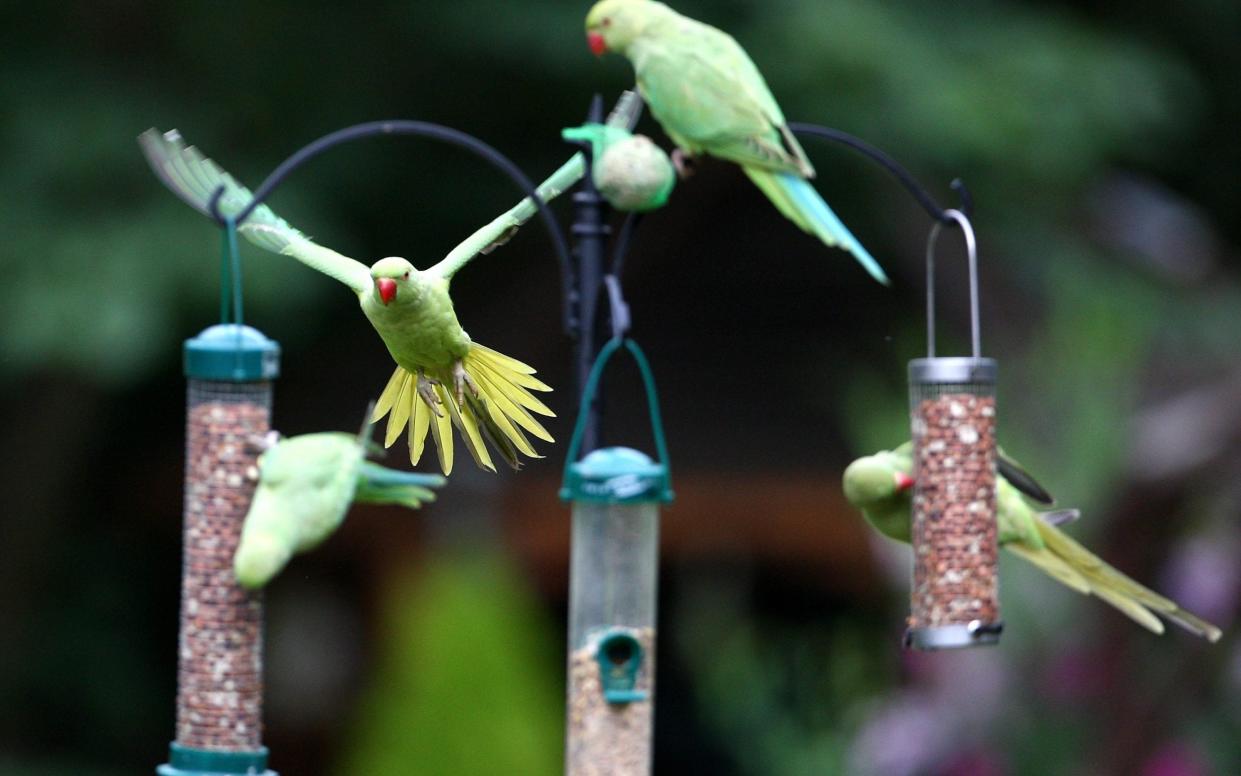Bird lovers told to ditch feeders as they could make their feathered friends sick

Bird feeders should be cleaned once a week or they risk spreading disease including bird flu, the RSPB has said.
The charity said cleaning should be carried out every week or every time the feeder is replenished.
“If people can’t clean weekly then people can also do other things like putting up nest boxes, planting native vegetation or leaving messy corners of the garden for nature,” a spokesman said.
A YouGov survey for the charity found that only half of those using bird tables and a third of those using feeders cleaned them at least fortnightly to keep them clean and prevent disease spread.
Launching the annual Big Garden Birdwatch, thought to be the world's largest garden wildlife survey, the charity said people should also serve up a mix of foods to attract different species and put out fresh water.
Hundreds of thousands of people are expected to take part in the survey from Friday January 28 to Sunday January 30, when they are asked to spend an hour watching the birds in their garden or on their balcony and recording how many of each species they see.
Beccy Speight, the RSPB's chief executive, said: “We know that, for many people, garden birds provide an important connection to the wider natural world and bring enormous joy.
“Over the last year, there has been a broad and much-needed realisation that nature is an important and necessary part of our lives, especially for our mental health and well-being.
“But nature needs us too and we want to help make sure that people are providing the best offering they can for birds at a time when many species are in decline.”
Last year’s Birdwatch showed house sparrows were the most common species seen in gardens, followed by blue tits and starlings.
The survey, which has been running for 43 years, shows the long-term fortunes of bird species.
Some of the most common garden visitors such as house sparrows, blackbirds and robins have fallen significantly in number since 1979, while others such as wood pigeons and coal tits have significantly increased in number, past surveys have suggested.

 Yahoo News
Yahoo News 
